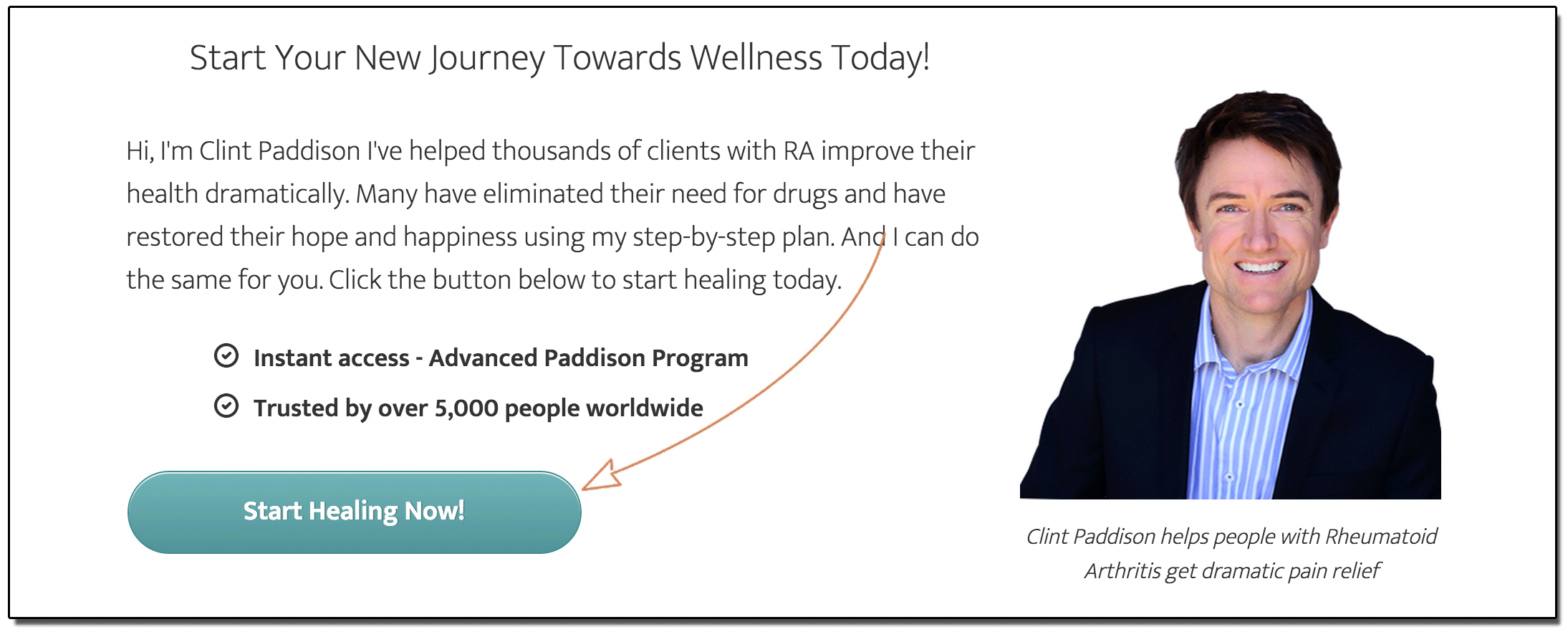NSAID’s are one of the first things you take when you have RA pain. They are usually prescribed in early consultations with a Rheumatologist and are also encouraged by the staff at every pharmaceutical store. They are widely available and widely used and used often. In fact, I regularly hear from people with RA who are reaching out for help who are currently taking more than 6 tablets a day of brands such as Advil, Motrin, Naprosyn, Celbrex, Voltaran and so forth and have been doing so for several consecutive years.
I completely understand the need for pain reduction and I fully support all attempts to keep inflammation down to reduce long-term damage and for day-to-day pain. However, it is no secret that these type of drugs have the effect of upsetting the balance of the digestive system. When I last bought NSAID’s I was given the usual reminder that ‘they can cause stomach upset so take them with food and do not take them for more than a few weeks at a time’. What they don’t go on to say is that they can completely ruin your intestinal environment. For us with RA, this is a VERY big deal.
If we are trying to heal the BLAME (bad bacteria, leaky gut, acidosis, mucosal lining and enzyme deficiency) then we need to be very careful about everything we put in our body. Unfortunately these drugs create turmoil on the healthy bacteria in your intestines (which are also called ‘probiotics’) and damage your intestinal wall leading to poor absorption of nutrients and a concept known as ‘leaky gut’ by Naturopaths. ‘Leaky Gut’ is actually a descriptive term for having holes in your intestinal wall, through which large foreign molecules may pass and enter your blood. When entering your bloodstream, these foreign proteins can trigger a state of ‘molecular mimicry’ and result in your body attacking it’s own joints in a state of innocent confusion.
My personal experience with these types of drugs was a roller coaster. It was the first medication I took for my RA and it was incredible at relieving my pain and inflammation for about 2 weeks. As time wore on the effects of the drug diminished greatly and so after about 3 weeks I decided to see how I felt once I stopped taking the drug. After stopping this medication I felt about twice as bad as what I was before I started taking it. I was in total shock and completely frustrated with my body. How could something that helped my pain levels at the same time leave me feeling worse for wear after a short amount of time. Looking back I believe that my intestinal wall took a battering during this time, which in turn led to increased swelling and pain.
Are there any NSAID’s that don’t cause Leaky Gut?
Most NSAID’s contribute to leaky gut and it has been shown that these drugs can increase intestinal permeability in less than 24 hours [2], thus perpetuate Rheumatoid Arthritis through the process I have described above. The offenders include all the common brands, however there are two exceptions, namely aspirin and nabumetone (Relafen). [1]
How to heal your leaky gut naturally and re-establish your mucosal lining
Think of your intestinal wall like an internal skin, that protects the rest of your body from all of that stuff that you have put into your mouth. When you stop irritating your intestinal wall with offensive foods then it has a chance to heal, just like your outer skin does after it has been cut. I worked on replenishing my gut flora, healing my mucosal lining and repairing my leaky gut by minimizing my intake of meat and dairy products and increasing my intake of fiber-rich foods. Other things that I found of particular benefit was eating green leaves, raw garlic, raw onion and artichoke which help replenish bacteria even faster. Eat brown rice to help heal your mucosal wall.
There is so much more you can do – if you’re looking for a complete overhaul of your health then The Paddison Program for Rheumatoid Arthritis is the best way forward for you. It will help combat the negative internal effects of NSAIDS. With time, I have seen many others able to reduce, and even stop, some NSAID’s altogether after shifting their diet to one that heals and restores intestinal health, thereby reducing external symptoms. Always consult your doctor before making any changes to your medication.
Wishing You all the best in Health & Wellness,
Clint Paddison
References:
[1] Baillieres Clin Rheumatol 10:165, 1996
[2] R.T.Jenkins et al Oxford JournalsMedicine Rheumatology Volume26, Issue2Pp. 103-107
Disclaimer: Do not take this information as personal medical advice. Do not change your diet, medication or exercise regimes without the advice of a qualified health care provider (your physician, for example).
Let me know what you think – what experiences have you had with NSAID’s and Rheumatoid Arthritis pain?
[thrive_split_button left_color=”green” right_color=”red” left_text=”Pain Reduction” right_text=”Lowering Drugs” left_link=”https://www.paddisonprogram.com/chooser-pain/” right_link=”https://www.paddisonprogram.com/chooser-medications/”]


